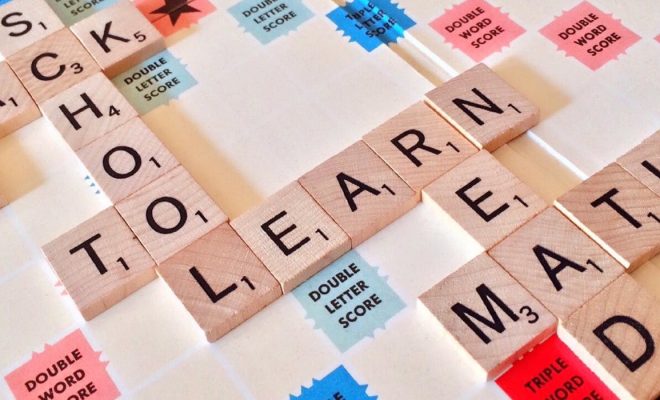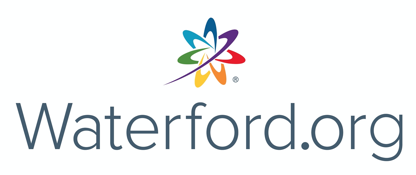Pass or Fail: How Did We Get to This Assessment Place?

In this multi-part series, I provide a dissection of the phenomenon of retention and social promotion. Also, I describe the many different methods that would improve student instruction in classrooms and eliminate the need for retention and social promotion if combined effectively.
While reading this series, periodically ask yourself this question: Why are educators, parents and the American public complicit in a practice that does demonstrable harm to children and the competitive future of the country?
When it comes to assessing what students have learned, there is a mixed review from educators. A few view the current way we assess students as on point, while a few others feel it’s detrimental. Most educators hang out somewhere in the middle, with an understanding that current assessments are needed, but have perhaps gone too far to the detriment of students.
How can we improve student assessment?
Let’s begin with a review of the current status of assessments, identifying exactly what types of assessments are currently used, and their strengths and weaknesses. There are numerous types of assessments employed throughout the world to assess knowledge, skills, and even fundamental intelligence. Often, though, the advertised purpose of a test is not consistent with its capacity for assessment. The Intelligence Quotient or IQ test, for instance, is supposed to gauge individual intelligence.
Proponents of the IQ test stress that it is a viable model for gauging what someone’s academic or even professional potential might be. Culturally, this is widely accepted: a high IQ score is the equivalent of confirmation that an individual will succeed academically and professionally. The reality, however, is different. The IQ test itself is not an absolute gauge of a person’s intelligence and is far from being a perfect measure of intelligence. At best, it assesses a specific kind of intelligence with a reasonable degree of accuracy: a problem-solving ability, really, or the ability to recognize patterns in problems.
Like the IQ test, many other standardized assessments set out to gauge a particular knowledge or skill. For instance, SAT and ACT tests gauge individual capacity for verbal and mathematical reasoning. At least, that is how most of us view them. However, while the SATs and ACTs test analytical skills and comprehension skills, the alignment of these elements is not necessarily effective. As most seasoned educators are aware, the limitations established by the format of these tests and the reliance upon multiple-choice responses means that there is minimal scope for assessment. Many students with excellent academic potential may not score well on these tests. Others who have a more limited aptitude may score well and find themselves in academic settings that are too demanding for their ability level.
Since different types of abilities and many different skills play a role in academic success, the focus on analytical skills measured through multiple-choice questions and the focus on math and reading comprehension is inherently limiting. These assessments often overlook written and oral communication skills. They also overlook fundamental reasoning and argumentation skills, since students are limited in the scope of their answers. Finding a solution to that, of course, is not easy but is something we’ll explore more in-depth in future posts in this series.






